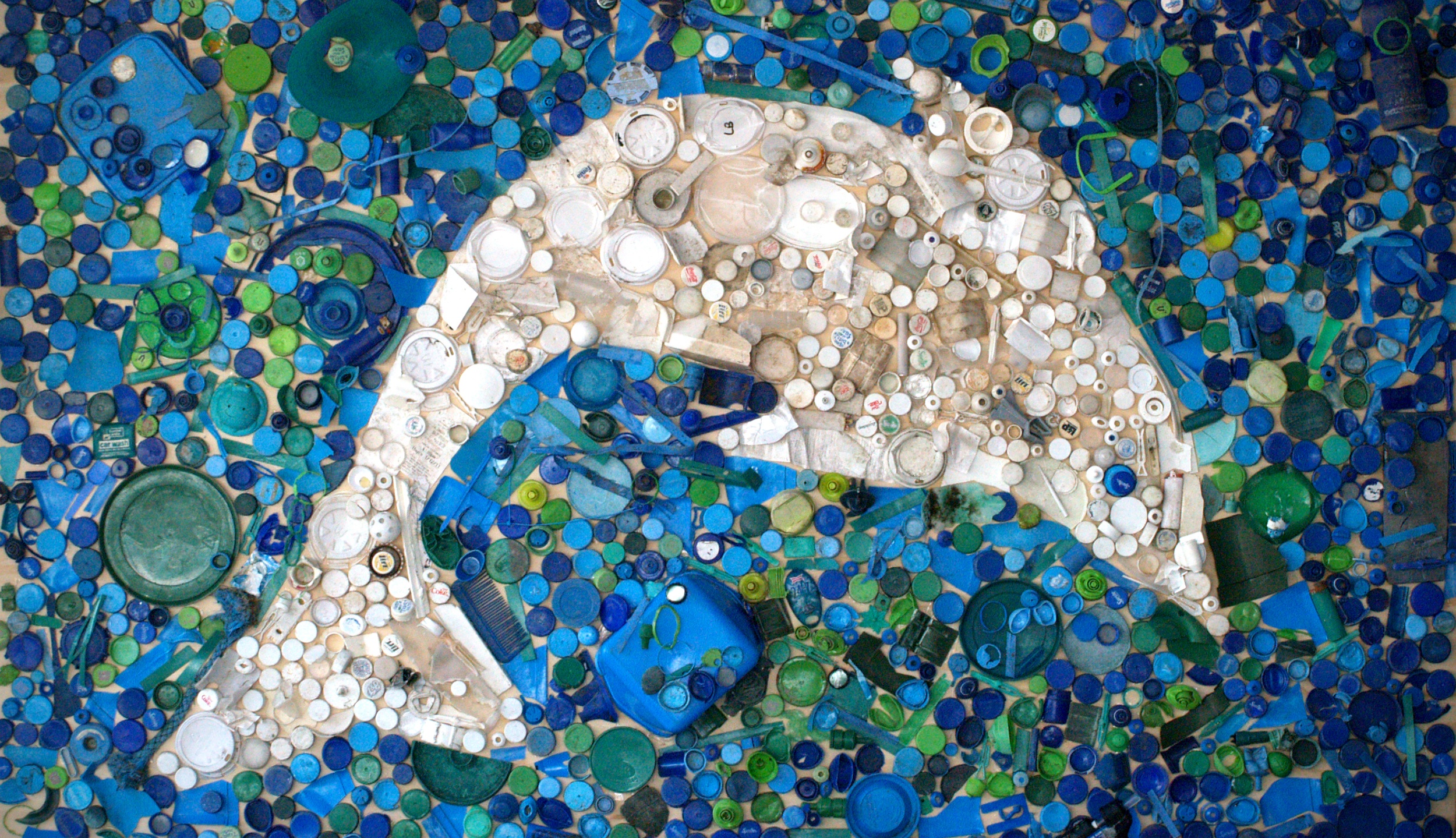When Camden Howitt co-founded Sustainable Coastlines in 2009, marine litter and plastic pollution were not the hottest topics. But his New Zealand–based, grassroots non-profit, formed to tackle the global problem of ocean plastics, has helped to change this.
“The issue of ocean litter was still pretty under the radar,” Howitt recalls. “Since then, the public has become much more aware of the perils of waste from over-consumption, and plastic pollution in our oceans. Yet I think the major disconnect is taking that awareness of the challenge and moving it into action – that’s where we’ve still got a lot more work to do.”
Sustainable Coastlines is doing this work by engaging communities all over Aotearoa New Zealand and the Pacific Islands to monitor and tackle pollution along their coastlines through the Litter Intelligence
Program. The way it works is that locals monitor their coasts for marine litter and record their findings, as well as cleaning it up. Then, this local data is fed into a database hosted on Microsoft Azure, which the New Zealand Government is now reporting on and using to inform its environmental policy.
The program has had enormous success in engaging local people to care for their environment, and in giving government the insights to tackle marine pollution. “By deeply connecting with these issues, we find that communities are able to take really localised and specific actions to solve problems,” says Howitt.
Sustainable Coastlines is working with government statisticians at StatsNZ to analyse New Zealanders’ progress on reducing litter, and Howitt explains that this measurement is necessary if communities
are to stay motivated.
“We want to know if we’re making progress, and if we’re not, we want to know which key areas to address so we can make that progress and make it faster,” he says. “You can’t improve what you can’t measure, and that’s why we’re measuring the impacts of our efforts in real time, reporting that in real time, and giving people real-time access to it.”

